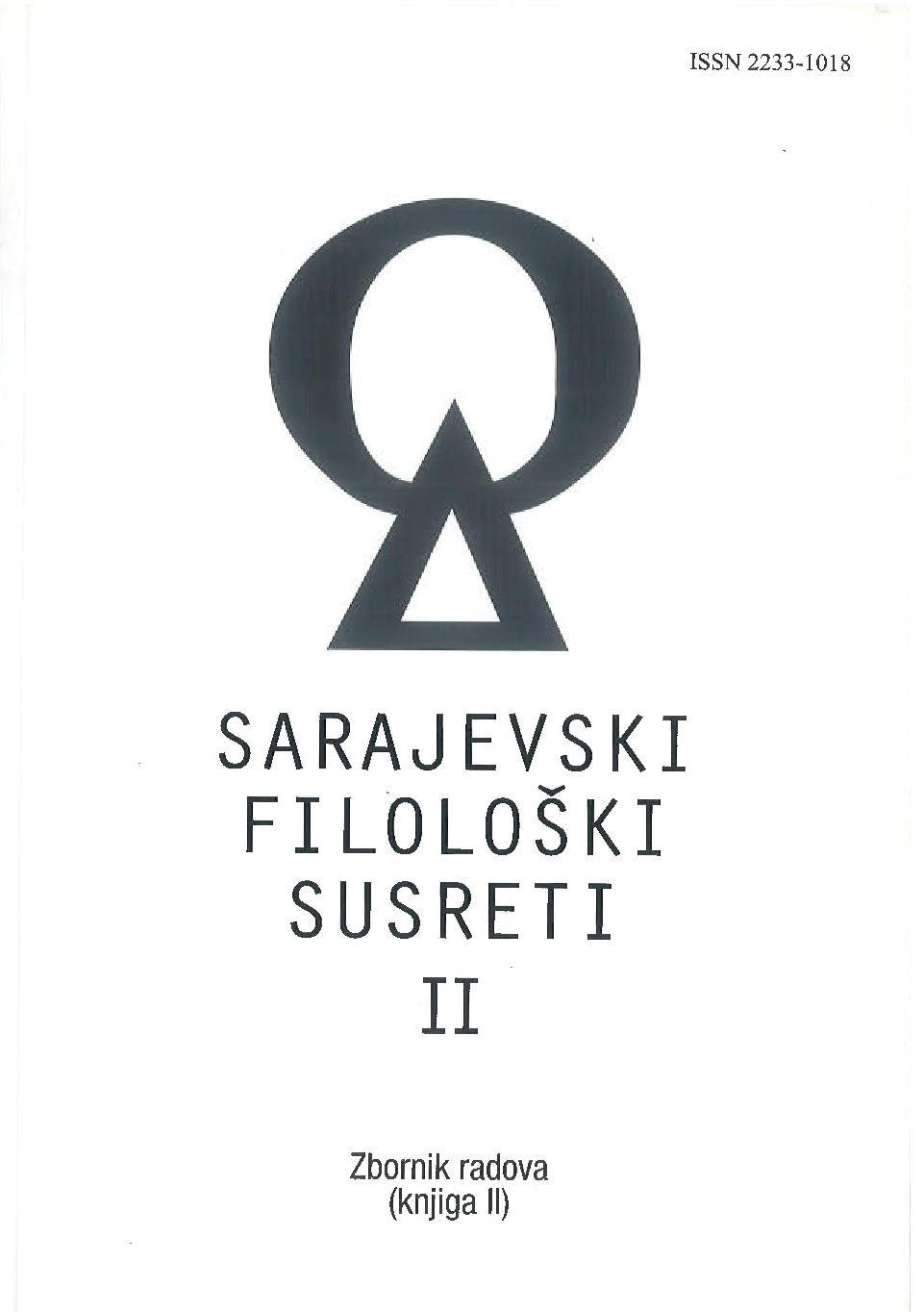POETIČKO RASLOJAVANJE U POSTRATNOJ KNJIŽEVNOSTI BIH I HRVATSKE : POETIČKI DODIRI NULTIH GODINA 21. ST.
POETIC LAYERING IN THE POSTWAR LITERATURE OF BOSNIA AND HERZEGOVINA AND CROATIA : POETIC CONTIGUITY IN THE FIRST DECADE OF THE TWENTY-FIRST CENTURY
Author(s): Emilija KovačSubject(s): Comparative Study of Literature, Bosnian Literature, Croatian Literature
Published by: Bosansko filološko društvo
Keywords: modernism; postmodernism;, interdiscursivity; neo-existentialism;
Summary/Abstract: Based on the examination of assumed contiguity points, this paper correlates the post-war poetry of Croatia and Bosnia and Herzegovina. The poetics of authors belonging to the older generation are based on an awareness of context, and of the real (wartime reality) and the literary (the modernist poetic concept, appreciation of literary predecessors, interdiscourse practice and introduction of tradition, i.e. vertical dialogue). The younger generation is explicitly prone to subjectivism, and considers mostly its own feelings and experiences, hence seems autistic. In addition, it defies the voice of an official, serious reality. The preceding modernist poetization and metaphorization of the language deprived words of their literal meaning, and subsequent postmodernist puns caused poetry and reality to drift apart. The new orientation (neo-existentialism, poetic realism) enables language to contain qualities of literal meaning, colloquiality and freedom from conventions.
Journal: Sarajevski filološki susreti: zbornik radova
- Issue Year: 2/2014
- Issue No: 2
- Page Range: 407-433
- Page Count: 27
- Language: Croatian

